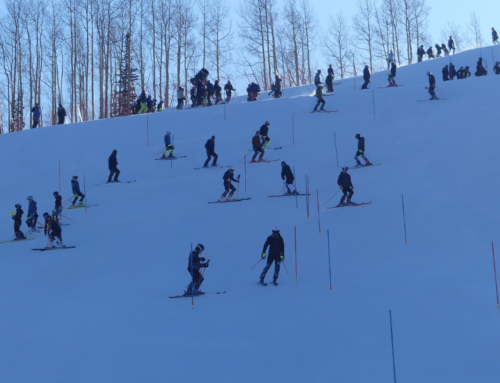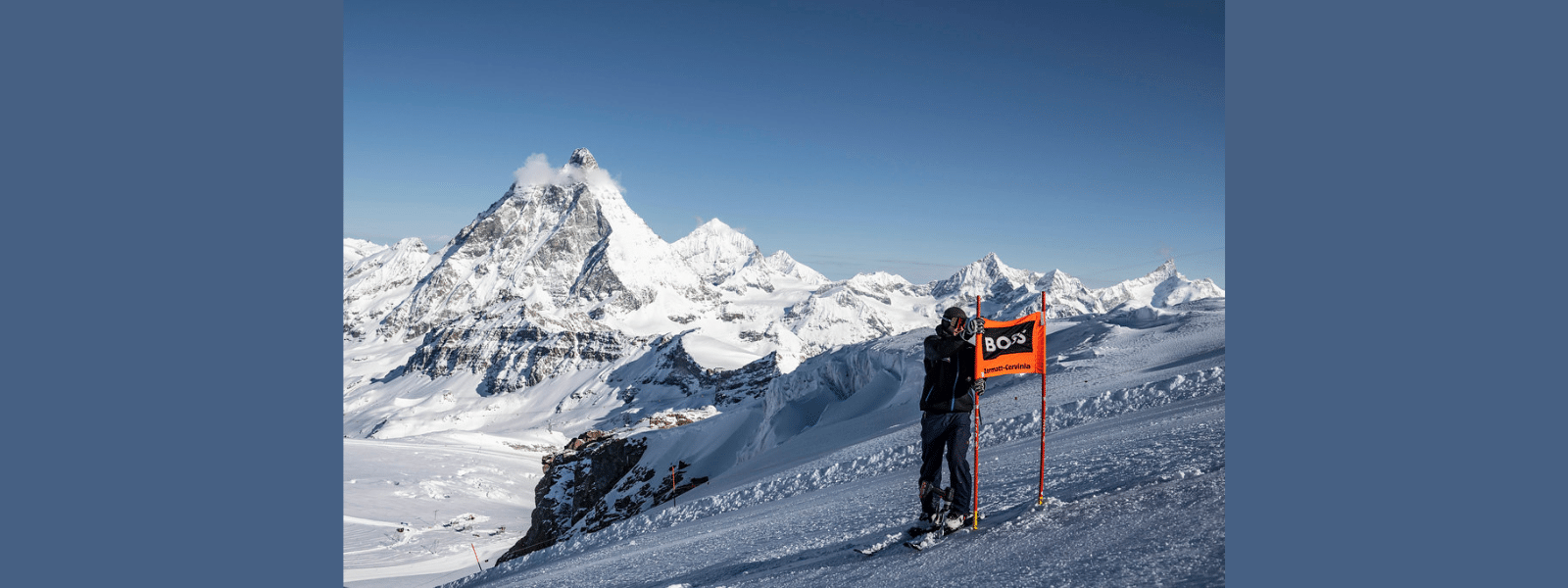Controversy erupts over weather-related jury decision
Controversy erupts over weather-related jury decision{mosimage}An emotional row erupted Thursday over the Beaver Creek race jury’s decision to continue Thursday’s World Cup super G despite extremely bad weather. The fight culminated on Thursday evening, as FIS officials angrily defended themselves against complaints from several World Cup coaches.
Austrian head coach Toni Giger and Swiss head coach Martin Rufener each expressed concerns during the evening’s team captains’ meeting.
Giger said that the best racers hadn’t had a chance in the day’s race, and Rufener said his athletes had lost confidence in the FIS official responsible for the decision to continue the race in snow and wind.
“The trust is not there to the person who made that decision there,” said Rufener, adding that he spoke on behalf of his athletes.
FIS chief race director Guenter Hujara responded angrily to Rufener in particular, saying that his athletes had shown “behavior in the finish that would immediately disqualify the athletes in any other sport.”
By “behavior” Hujara seemed to be referring to comments several athletes made to journalists in the finish area after the race.
Switzerland’s Bruno Kernen was particularly critical, and said the race was unsafe, but the FIS race director for men’s speed events disagreed.
‘The FIS people who let me start in conditions like that, that’s really bad’ said Kernen, who gesticulated angrily up the hill after he blew out of the race just after the Pumphouse turn. ‘I don’t mind starting in snowfall, I don’t mind starting in bad visibility, but when I start with a terrible wind, and when I don’t see the ground anymore, and I don’t see the next three gates, that’s also a safety question.’
Helmuth Schmalzl is the FIS race director for men’s speed events, and he is apparently the person toward whom athletes and coaches were directing their greivances. He was assistant referee for the race.
Schmalzl was not present for the contentious team captains’ meeting, but he spoke to Ski Racing at the timing shack during the awards ceremony earlier in the afternoon.
‘We could race because in the end the course preparation was at the maximum point’ said Schmalzl, invited to respond to the athletes’ complaints. ‘There’s no doubt that conditions were on the extreme limit, but we’ve raced in the past on limits like this.’
Gusts of wind blew up the hill, bending gates and kicking up clouds of snow on the steep upper pitch of the course. Many athletes said that they had trouble making out the terrain. Along with Kernen, Didier Cuche of Switzerland and Antoine Deneriaz of France each complained that the race was unsafe. Deneriaz called it ‘merde’ and Cuche said that just being in one piece at the finish was an accomplishment.
‘Let’s say that for sure a day like today, especially with the wind we got, not every racer has the same chance,” said Schmalzl. “That’s a matter of fact, but that happens quite often in our sport, and it happens in other sports that are held outside.’
During the evening team captains’ meeting, Hujara raised his voice and jabbed his finger in the direction of Rufener.
“This guy proved many times to the racers that he cares about their safety,” said Hujara. “I trust him 100 percent. I trust him 1,000 percent. I trust this guy because he works his ass off for the racers.”
Nearly every racer said the conditions were difficult, but some were more stoic about it than others.
Kjetil Andre Aamodt of Norway said athletes should just race, not complain. ‘That’s life,” said the 34-year-old veteran. “It’s skiing, an outdoor sport. It’s not always fair, but it goes both ways, so at the end of your career it comes out equal.’
More bad weather is expected for Friday, when the Birds of Prey downhill is scheduled to start at 11 a.m. Schmalzl said he expects that by that point racers will be happy they got to race at least one speed race.





















